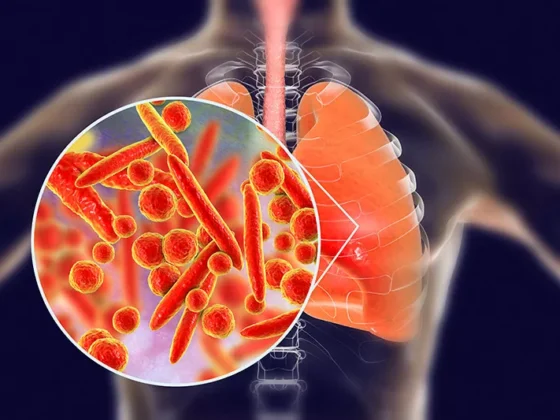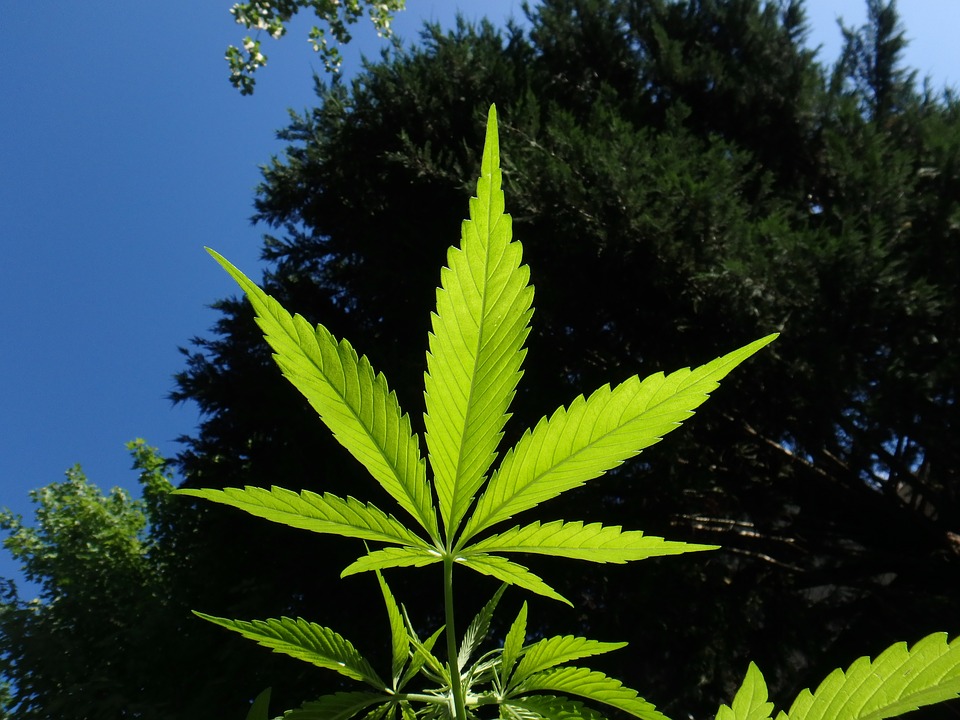New Study Debunks Concerns: Insects Unlikely to Spread COVID-19 to Humans
Researchers Find No Evidence of Insect Transmission of SARS-CoV-2 in Household Settings
Insects like biting flies and cockroaches are not likely to spread the agent of COVID-19 to humans, according to a recent study, challenging earlier findings regarding the susceptibility of animals to SARS-CoV-2 infection. The research, published in the Journal of Medical Entomology, investigated the presence of the virus in insects collected from households with confirmed cases of COVID-19.
Lack of Virus Detection in Insects Suggests Limited Transmission Risk
Previous studies had raised concerns about the potential for insects to acquire and transmit the SARS-CoV-2 virus in household environments. However, the recent study found no evidence of insects obtaining SARS-CoV-2 viral RNA in natural settings. The researchers collected and analyzed insects from homes where both humans and pets, such as dogs and cats, had been infected with the virus. Surprisingly, no traces of the virus were detected in the sampled insects.
Distinction Between Mechanical and Biological Transmission Explored
The study’s lead researcher, Dr. Gabriel Hamer, explained the two potential modes of transmission: mechanical and biological. Mechanical transmission involves the pathogen being transmitted to humans through infectious particles on an insect’s body parts, while biological transmission occurs when the pathogen enters the insect, multiplies, and is subsequently transmitted through the insect’s saliva or feces. The research suggests that insects are unlikely to play a significant role in the mechanical or biological transmission of SARS-CoV-2.
Extensive Sampling and Testing Supports Study Findings
During the investigation, the research team collected insects from 40 homes with confirmed human COVID-19 cases, utilizing various trap types. A total of 1,345 individual insects from 11 different fly and roach species were analyzed using quantitative reverse transcription PCR. The results consistently showed no presence of the SARS-CoV-2 virus in any of the tested insects.
Implications for Surveillance and Transmission Tracking
The study’s findings suggest that biting flies, non-biting flies, and cockroaches are unlikely to contribute to the spread of COVID-19 through either mechanical or biological transmission. This challenges previous concerns and indicates that these insects may not be useful as a surveillance tool for tracking the transmission of SARS-CoV-2. The research provides valuable insights into the limited role of insects in the transmission dynamics of COVID-19.











